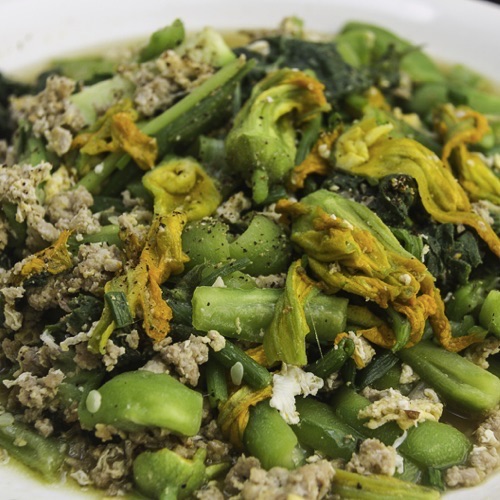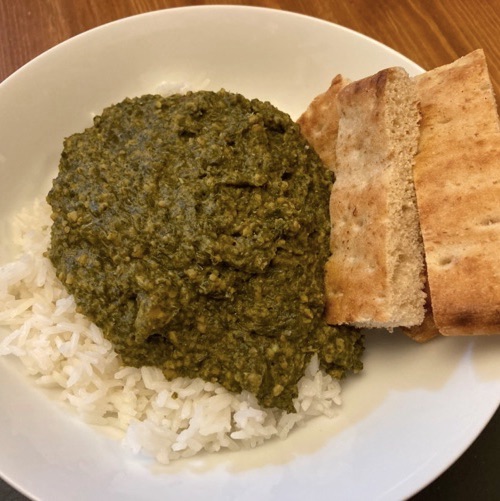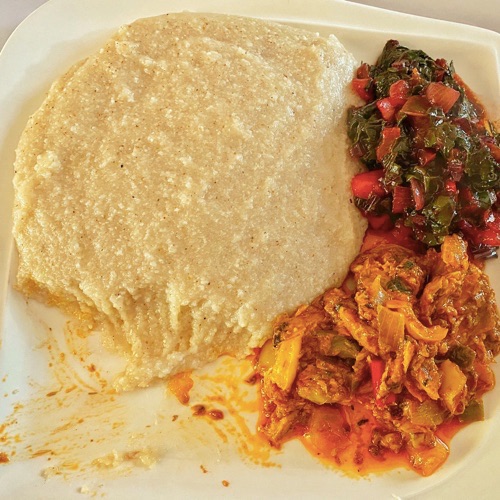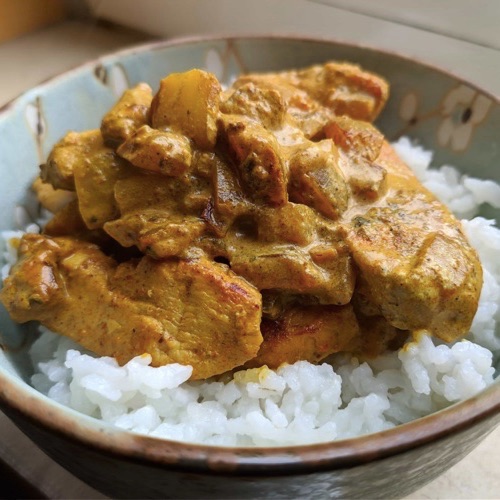Many dishes in eSwatini, formerly known as Swaziland, are now highly influenced by South African and Portuguese flavours. For those who want to experience Swazi traditional food keep reading to learn more.
The food in Eswatini mainly comes from what is seasonably available and where in the country you are. Two examples of staples are sorghum and maize, which are frequently eaten with goat meat.
The farming industry in Swaziland relies heavily on cash crops such as sugar cane, tobacco, and rice. Many Swazi people are subsistence farmers, meaning that they grow just enough food to feed themselves and their families. These farmers often supplement their diet by purchasing food from local markets.
Swazi traditional food boasts produce and imports from coastal nations. Local markets usually have food stalls that sell traditional Swazi dishes like meat stew, sandwiches, maize meal, and roasted corn on the cob (which is seasonal).

Umncweba and umkhunsu
If you’re familiar with South African biltong, then you’ll know what umncweba is. It’s dried, uncooked meat (usually made with various types of meats) that’s often marinated in vinegar and spices. Umkhunsu is similar to umncweba, but the meat has been cooked before being dried.
Porridge
eSwatini’s native cuisine is primarily composed of thick porridges originating from maize flour, sugar beans, and other mealie meals. These hearty dishes are easily filling but often lack flavour. To enhance the taste, stews or vegetables are usually served alongside the porridge.
There are several different types: ‘Incwancwa’ is a sour porridge traditionally made of fermented mealie meal, ‘siphuphe setindlubu’ is a thick porridge usually created from mashed groundnuts, ‘siphuphe semabhontjisi’ is typically a thick porridge composed of mashed beans and ‘sidvudvu’ being porridge mixed with pumpkin and mealie meal.
Emasi
“Emasi,” or sour milk, is similar to the Zulu food amasi. To make it, cow’s raw milk is fermented and then strained to get rid of the whey. Emasi is also used as an ingredient in two other popular dishes: ‘emasi etinkhobe temmbila’ (ground mealies mixed with sour milk) and ‘emasi emabele’ (fermented sorghum mixed with sour milk).

Corn on the cob
If you’re looking for a delicious snack while wandering through eSwatini, keep an eye out for corn on the cob! This popular dish can be found at markets and from street vendors throughout the country. In addition to roasted corn, you might also come across ‘tinkhobe’ – boiled whole corn on the cob.
Emahewu
Emahewu is a meal drink made from fermented thin, watery porridge. To make it, mix one kilo of maize meal with five litres of water until it turns into a thin porridge, cool to room temperature and then leave to ferment for two to six days. You can add malt after the mixture has cooled to speed up the process.
Tjwala (umcombotsi)
Tjwala, or home-brewed beer made from maize meal, is a common drink in rural areas of Eswatini (formerly Swaziland). It is usually only found in private homes as it’s illegal to sell home-brewed alcohol. The drink packs a strong punch and you will quickly feel the effects after just one glass.
If a beer sounds more your speed, consider trying Sibebe, which takes its name from eSwatini’s iconic Execution Rock. The lager is brewed in Matsapha and makes for the perfect souvenir.

Umbidvo wetintsanga
This dish consists of cooked pumpkin leaves mixed with peanuts. Because they have a prickly texture, cooking pumpkin tops can be time-consuming, but the final product, a mild stew, is tasty and worth the effort.
Black Mamba Chilli
The Black Mamba Chilli sauce is one of eSwatini’s many successful artisan food producers. The company is run by a married couple, Joe from eSwatini and Claudia from Colombia. Their combination of hot Swati chillis with Latino flavouring has made their spicy sauces very popular; when they first launched, all 400 bottles sold out almost immediately.
Since then, their business has grown from employing one local woman to 60 men and women. The sauce is popular with both locals and tourists.

Bulembu Honey
Honeydew is the largest honey producer in eSwatini, established in 2007. It’s sold only inside the country and has sites located in Bulembu, Ngonini, and Peak Timbers. Plus, there are about 600 active hives associated with the company. Not to mention, Honeydew gives beekeepers from rural areas access to training and technical support as well as purchases their honey at a fair price.
Braai
Many meals in eSwatini usually include porridge and vegetables, although you’ll find that there’s a significant South African presence reflected in the food offered at many restaurants. There are lots of braai’s (barbecues) available as well as grilled meats. The portions here tend to be large, so if you can’t pick which meat to have, go for the mixed option.



